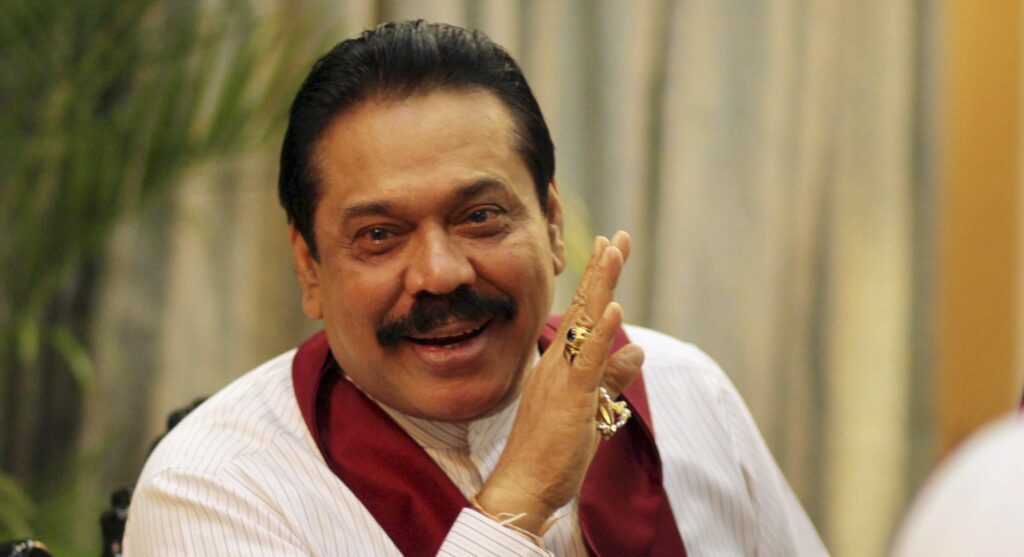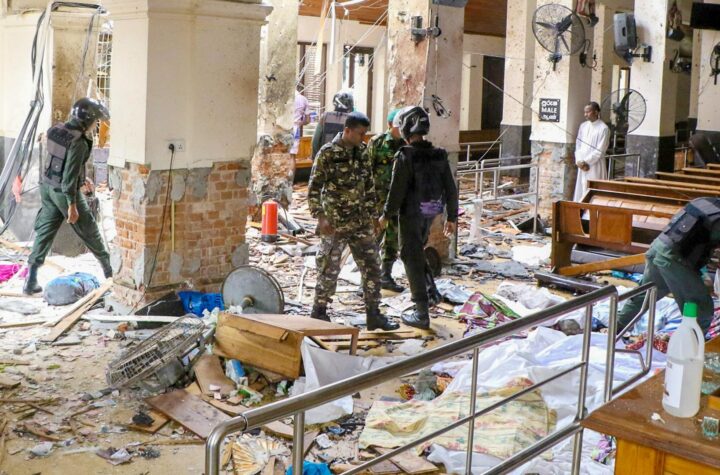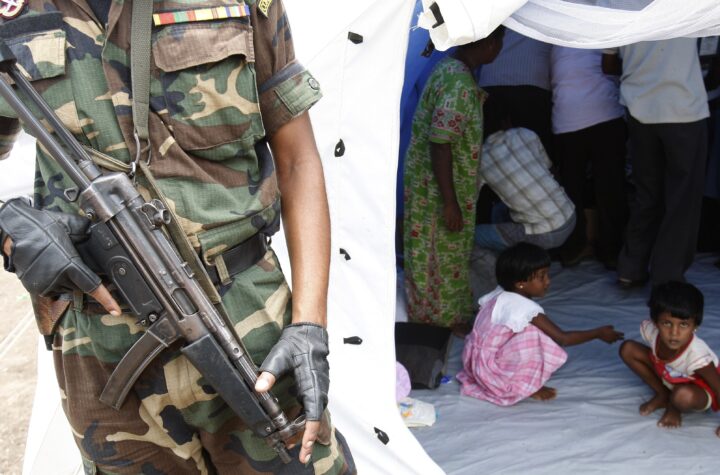
It is the potential return of Mahinda Rajapakse on the political scene which is the real stake and unknown of the poll. Mahinda Rajapakse, defeated in the presidential elections of January 2015, tries to return to business, by becoming Prime Minister.
He indeed reigned over the country without division for ten years. In 2004, he succeeded Chandrika Kumaratunga. The man, with the carnivorous smile, wants today to take his revenge, seven months after having failed to be elected for a third term.
And for this, he intends to capitalize once again on his greatest achievement: the defeat inflicted on the Tamil Tigers in 2009, ending 26 years of a civil war that left 70,000 dead and 140,000 missing. The Tamils, of Hindu religion, demanded the creation of an independent state. The Sinhalese, Buddhist majority, has always criticized them for having been privileged by the English colonists.
In 2009, after several attempts at peace, the Sri Lankan forces launched a final assault on the last city in the hands of the rebels. The Tamil Tigers are then entrenched in a territory of thirteen square kilometers, surrounded by the army. On May 16, they finally surrendered.
“I am speaking to you at this historic moment, when our country is ridding itself of terrorism, and responding to the hopes that have been driving the Sinhalese, Tamils, Muslims, Burghers and Malays of this country for decades” then declared Rajapakse in front of parliament, savoring his victory.
The island of the Indian Ocean, located in the south of India, has twenty million inhabitants. Three quarters of the population are Sinhalese, and Buddhists. Tamil Hindus represent 15% of the population, and live in the North and East.
Despite a fragile reconciliation, the end of the war allowed the former president to acquire an ever-lively popularity among the Sinhalese. But violations of human rights, and especially corruption, and a penchant for authoritarianism finally got the better of him. From 2010, demonstrations demanding his resignation broke out in the country.
It is in this context that comes to power Maithripala Sirisena, a sober man of modest origin. He promises to rebalance power and fight corruption. It is difficult to judge his record after only eight months.
Voters have the choice between going back, or giving the new president a chance to guarantee a stable majority by re-appointing Ranil Wickremesinghe, its current Prime Minister, as head of government, and thus turning the Rajapakse page.
Sri Lankans today mostly expect jobs, and good governance. Among the issues to be resolved by the next government, there is the return to the Tamils of the lands confiscated from them by the army, and more generally the reconciliation between Tamils and Sinhalese.





More Stories
Search Engine Optimization Market Massive Growth in Asia countries
21 dead in Sri Lanka bombing
Sri Lanka: UN concerned about humanitarian situation after end of conflict